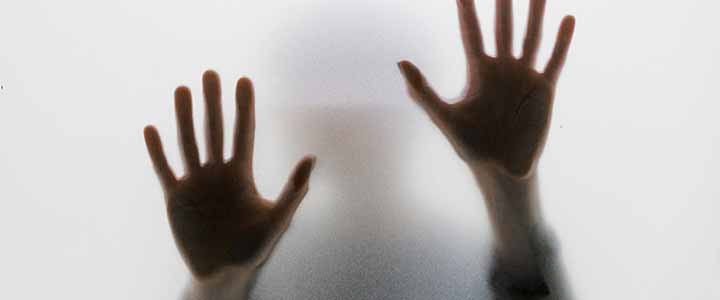People have now endured over 2 months of lockdowns and even longer adhering to social distancing rules. This has not come without personal cost. Some may be suffering from overwhelming anxiety about their future, health, or finance. Some people may lash out, while others may end up feeling intensely lonely and isolated. You may know people directly affected by some of all of these issues, and you may want to help them in some way.
Have you ever thought to yourself, “What if I am the one who needs help?”
If you are the type who is a natural listener, that can deeply empathise with people, and can feel their pain and distress, you will likley be thinking about how you can help other people get through these difficult times. There’s a good chance you’re thinking more about other people than the issues you might currently be facing even thought you are also susceptible to the effects of months of social isolation and distancing.
You haven’t had access to your support network of friends and your confidante. There may be issues that have been building up over the last few months that you have not given any thought or consideration to. Perhaps loneliness from the isolation is an issue affecting you. Perhaps you might even be lashing out in some way to those who see you need help, but you aren’t allowing them to.
Trying to figure this out can be difficult when everyone around you needs help in some way. In trying to help others, they can be distractions from helping yourself, even when you are in dire need of care and consideration. Even if you are helping people through their issues as a non-professional, you will still encounter many of the same issues as professionals.
Counsellors sometimes need therapy or counselling themselves.
Every time you listen to someone talk about their frustration, anxiety, trauma, or pain, there is always going to be a chance some of these negative emotions rub off on you as well. If you are already a highly empathetic person, this could affect you much more severely. Some people end up taking on some of the emotional burden of the people they are trying to help, and in the end, their ability to listen and help is negatively affected. When this happens, you will need to have the presence of mind to seek help, or find a way to express yourself in a non-destructive manner. It is quite common for counsellors to seek the help of other counsellors, so you should not see this as something to shy away from once you find yourself in such a situation.
To be able to help other people, you need to ensure you are also well taken care of emotionally, psychologically, and even physically. It’s not always easy figuring out when you need this help, but good education, experience, and an open mind can help you get there.
Join us at College of Allied Educators to learn more about how you can learn more about why and how to conquer loneliness, and discover how you can help yourself overcome doubts, fears, disagreements, and challenges in order to build a happier, more meaningful life.
- POSTGRADUATE DIPLOMA IN COUNSELLING PSYCHOLOGY
Postgraduate Diploma in Counselling Psychology (PGDICP) is a counselling psychology course accredited by the Singapore Association for Counselling (SAC). The part-time Postgraduate Diploma in Counselling Psychology programme focuses on developing and enhancing experiential knowledge and skills through a holistic approach. Some of the subjects covered include Counselling Children, Addiction Intervention, Crisis Intervention, and Family Therapy. - DIPLOMA IN COUNSELLING PSYCHOLOGY
Diploma in Counselling Psychology (DCPSY) is a counselling course covering a range of conceptual and functional skills in counselling. It trains students to apply appropriate counselling psychology skills in different situations, and equips students with the ability to work effectively as a counsellor.
For a FREE COURSE PREVIEW
CALL US at 6533-0031 EMAIL your enquiry to ENQUIRY@ICAE.EDU.SG
or Register for your free preview below:

